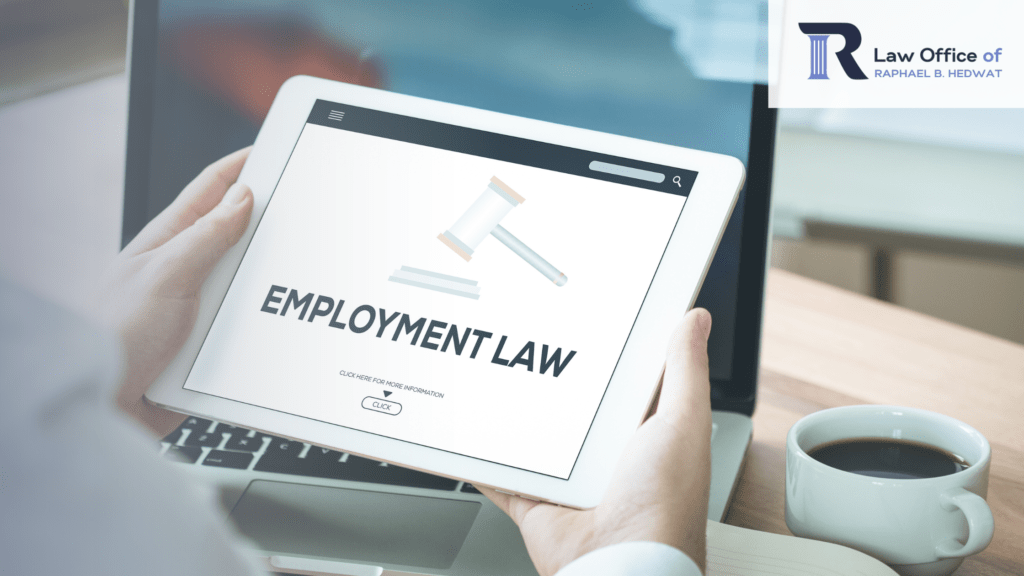Employment discrimination refers to unfair or unequal treatment of employees or job applicants based on certain protected characteristics. In California, as in many other jurisdictions, these protected characteristics include factors such as race, color, national origin, religion, sex, gender identity, sexual orientation, disability, age, and more. According to the California Department of Fair Employment and Housing (DFEH), there were 26,445 employment discrimination complaints filed in California in 2022. This represents a decrease of 3.5% from 2021. Discrimination can occur at various stages of employment, including hiring, promotion, termination, and during one’s employment. Such discriminatory practices are prohibited under federal and state laws and can lead to legal actions against employers who engage in them. Employment discrimination undermines the principles of equality and fairness in the workplace and can have serious consequences for the affected individuals and their careers.
Factors to Consider When Deciding Whether to File an Employment Discrimination Lawsuit
Deciding whether to file an employment discrimination lawsuit is a significant step that involves considering various crucial factors. Evaluating the evidence, including documentation and witness statements, helps determine the viability of your claims.
- The severity of the discrimination: How serious was the discrimination? Was it a one-time incident or a pattern of mistreatment? Was the discrimination intentional or unintentional?
- The impact of the discrimination on your career: How has the discrimination affected your job? Have you been denied a promotion or raise? Have you been laid off? Have you suffered emotional distress?
- The likelihood of success in a lawsuit: Do you have evidence to support your claim? Are there other witnesses who can corroborate your story? Do you have a strong case under the law?
- The cost of pursuing a lawsuit: Employment discrimination lawsuits can be expensive to pursue. You will need to pay for legal fees, court costs, and expert witness fees. You may also need to take time off from work to attend court hearings and depositions.
Statutes of Limitations for Employment Discrimination Lawsuits in California
The statutes of limitations for employment discrimination lawsuits in California vary depending on the type of claim.
- FEHA claims are claims under the California Fair Employment and Housing Act (FEHA), which prohibits discrimination based on race, religion, color, national origin, ancestry, sex, age, physical disability, mental disability, marital status, medical condition, genetic information, and veteran status. The statute of limitation is 3 years.
- ADEA claims are claims under the Age Discrimination in Employment Act (ADEA), which prohibits discrimination against employees who are 40 years of age or older. The statute of limitation is 300 days from the date of the alleged discrimination.
- Title VII claims are claims under Title VII of the Civil Rights Act of 1964, which prohibits discrimination based on race, color, religion, sex, or national origin. The statute of limitation is 300 days from the date of the alleged discrimination.
Conclusion
Knowing when to file an employment discrimination lawsuit in California is crucial for several reasons. There are statutory time limits, known as statutes of limitations, that restrict the timeframe within which you can file a discrimination claim. Missing these deadlines can result in the loss of your right to seek legal remedies. Early action can help preserve essential evidence and ensure witness recollection is fresh. It also prompts a faster resolution, minimizing the emotional and financial toll that prolonged legal proceedings can have. Timely filing is essential to protect your rights and seek justice in cases of employment discrimination. Therefore, having a clear understanding of when to file is vital to navigate the legal process effectively. At the Law Office Of Raphael, we recognize the complexities and challenges of employment discrimination cases and are here to provide expert legal guidance and support. Contact us at (888) 854-9909.





